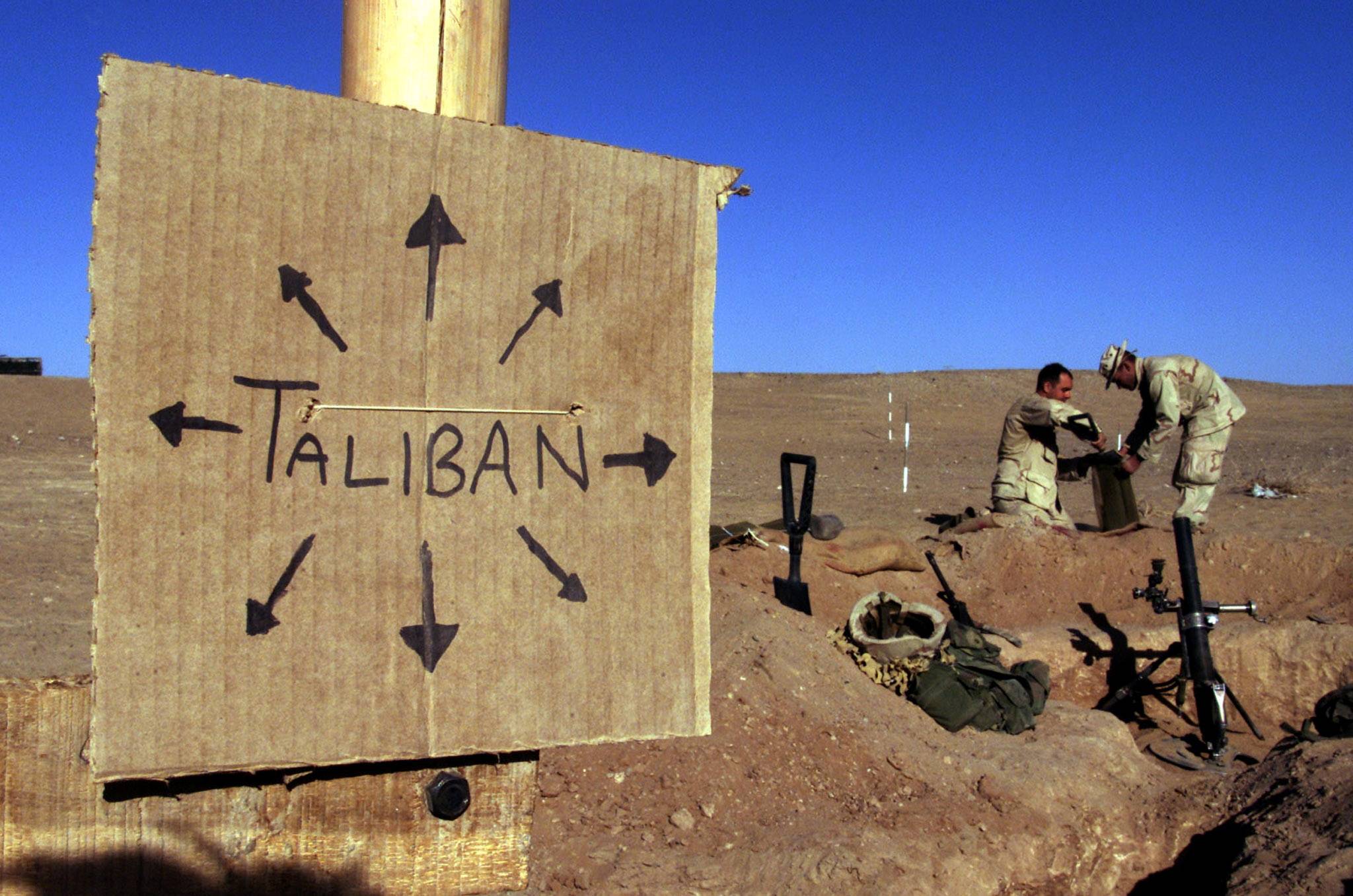U.S. President Joe Biden announced last week that he will withdraw all American troops from Afghanistan by Sept. 11 of this year, the 20th anniversary of the al-Qaida terror attacks on the United States. It is a controversial decision, especially when Afghanistan remains divided by civil war and the government in Kabul is weak and tottering.
But it’s the right choice, one that shows that Biden thinks strategically and has his priorities right. The ongoing U.S. presence in Afghanistan was a distraction and a drag on the United States; withdrawal will allow the Biden administration to focus on real threats to U.S. interests and better marshal resources to address them.
The U.S. invaded Afghanistan on Oct. 7, 2001, in retaliation for terror attacks against American targets — two aircraft crashed into the Twin Towers in New York City, and a third struck the Pentagon; a fourth plane went down in a field in Pennsylvania — less than a month earlier on Sept. 11. Despite quickly overrunning the Taliban government — removed for giving safe haven to the attacks’ mastermind Osama bin Laden — the U.S. has had a military presence in the country ever since. At its height, more than 100,000 U.S. troops were deployed to Afghanistan. Currently, there are officially 2,500 troops in country (although there are reportedly 1,000 more special forces personnel) and another 7,000 from other countries.



